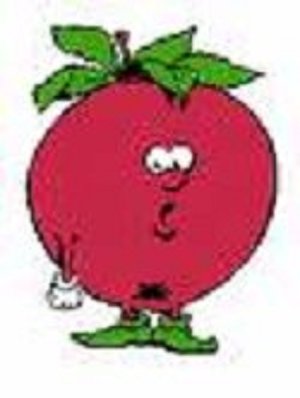-

Nutrition Unit
Objectives: At the end of this unit, the students will be able to:
1. Explain the benefits of the five food groups.
2. List food sources of the food groups.
3. List the six nutrients found in the five food groups.
4. Create a daily menu using the correct servings of each food group and staying within a specific calorie intake.
5. List and describe the dietary guidelines.
6. Identify advertising techniques used to sell food.
7. Calculate percent fat, carbohydrates and/or protein is in a given food.
8. Explain the different parts of a food label.
Related Links
NUTRITION EDUCATION UNIT
STUDENT OUTLINE FOR NOTES
NUTRITIONAL TIPS
PART 1 DEFINITION AND BASIC TERMS
NUTRITION
NUTRIENTS
NUTRIENT DENSITY
BASAL METABOLIC RATE
PART 2 SIX ESSENTIAL NUTRIENTS
CARBOHYDRATES
Definition
Calories per gram
Percentage
1. Simple
2. Complex
CLASSIFICATIONS
-glucose
-fructose
-sucrose
-maltose
-lactose
PROTEINS
Definition
Calorie per gram
Percentage
Amino Acids
Types of Amino Acids
1. Essential
2. Non-Essential
FATS
Definition
Calorie per gram
Percentage
FAST FAT FACTS
1.
2.
3.
4.
TERMS
Trans-fat
Lipids
Triglyceride
Saturated Fats
Monounsaturated Fats
Polyunsaturated Fats
Hydrogenation
CHOLESTEROL
RDA
Lipoprotein
1. HDL
2. LDL
FIBER
Definition
RDA
TYPES OF FIBER
1. Soluble
2. Insoluble
IMPORTANCE OF FIBER IN THE DIET
VITAMINS
Definition
1. Fat Soluble Vitamins
Types of Fat Soluble Vitamins
A
D
E
K
2. Water Soluble Vitamins
Types of Water Soluble Vitamins
C
Thiamin
Riboflavin
Niacin
Biotin
B6
Folate
B12
MINERALS
Definition
TYPES OF MINERALS
1. calcium
2. iron
3. phosphorus
4. potassium
5. sodium
WATER
RDA
IMPORTANCE OF WATER IN THE DIET
1.
2.
3.
4.
READING THE FOOD LABEL
Serving Size
Calories (Calories from fat)
General Guide to Calories
Nutrients
Daily Values or DV
Trans Fat
ANATOMY OF MY PYRAMID
1. One size doesn’t fit all
2. Activity
3. Moderation
4. Personalization
5. Proportionality
6. Variety
7. Gradual Improvement
WEBSITE FOR MY PYRAMID
2005 DIETARY GUIDELINES
1.
2.
3.
4.
5.
6.

